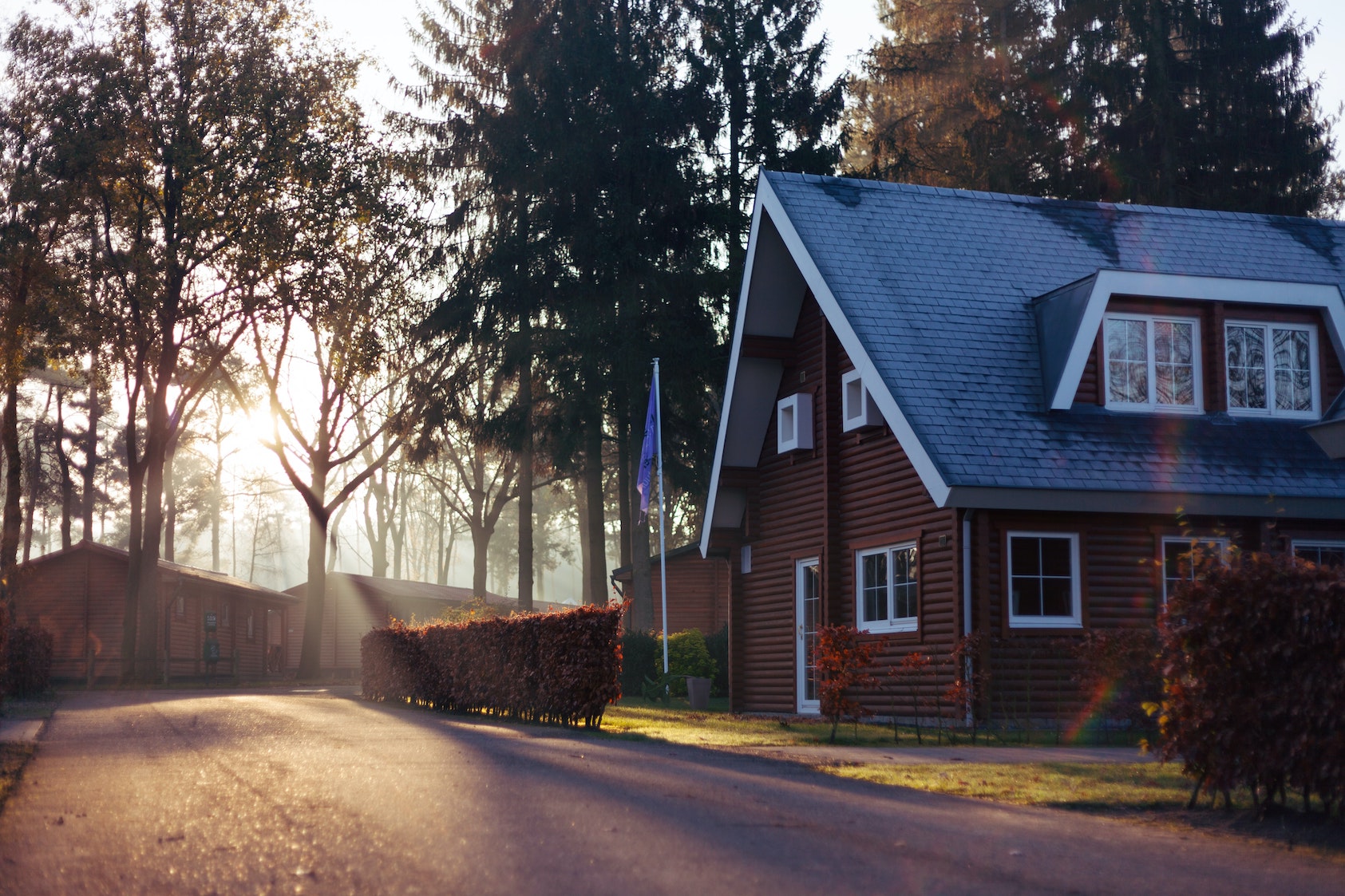A pool at the backyard is one of the major selling points of any rental property. You not only attract high-profile tenants, but you also get a chance to earn more as such properties are perceived to be luxurious hence expensive to lease.
But, while the outcome seems to be delicious, there is some pain involved when it comes to maintenance. Here, it doesn’t matter whether the pool is good or not, but how safe and hygienic it is.
Now, out of this topic of pool maintenance, a heated debate has emerged on whom between the tenant and the property owner is responsible for pool maintenance. In a bid to settle this dispute, this post will discuss several key points on how the tenant and the property owner can shoulder the responsibility together.
The Property Owner is Responsible For;
Pool Safety Laws
Before you can jump into the pool to enjoy the cold calming water during a heated summer afternoon, you need to be aware of the safety rules and regulations. Your property owner, according to the The California Health and Safety Code, is the one responsible for handing you these rules in a written document.
Besides handing you the rules, your landlord is responsible for checking all the safety and maintenance measures such as fencing the pool, installing pool alarms, adding a pool cover, and installing self-latching doors.
Apart from these rules, there are other ordinances, which can differ depending on the jurisdiction. Regardless of the rules, the main point is that a landlord should never violate any of these rules failure to which he/she will be responsible in case of an accident.
Pool Liability
Another area where landlords are entirely responsible for is pool liability. Here, the landlord is required to maintain the pool in rental property to make it as safe as possible. In most jurisdictions such as California, property owners are responsible for any deaths or injuries that occur to tenants or trespassers.
Since pools are grouped in the category of attractive nuisances, the legal doctrine of attractive nuisance states the landlord might be accounted for negligence if a child or a minor drowns in the pool.
Therefore, to stay on the safe side, a property owner shouldn’t neglect any safety features and should always keep a closer eye to avoid any surprises.
Pool Likability
Apart from just making the pool safe and habitable, keeping your pool clean is something else a landlord should check to provide a fun place to hang out for tenants and their families. Therefore, things like covering the pool, draining the water, reducing any risks or adding a hot tub into the equation are all maintenance precautions that should be shouldered by the landlord.
Pool Repairs
Following continuous use of the pool by tenants, there’s a high possibility that it’s likely to wear off and age. As a result, there are two things involved. One, wear and tear can result to unforeseen accidents which, sadly, fall back to the landlord. Secondly, aged and poorly maintained pools can lower the quality of your property.
So, to keep things under control, it’s a good practice for the property owner to perform structural repairs to the pool to not only reduce the rate of accidents, but also to make it clean and attractive.
On the Other Hand, the Tenant is Responsible For;
Everyday Cleaning
Provided the pool is not in an apartment complex, the tenant is responsible for daily cleaning and maintenance of the pool such as removing leaves and filler and ensuring the water is in the right pH level.
Unless otherwise stated in the policy agreement, the tenant is also responsible for purchasing pool chemicals such as chlorine to ensure the water is clean at all times. If the water pH is not checked, the water can turn to green causing skin irritation and eye problems.
Now, fixing this problem can be costly. So, if the tenant fails to check it early enough, he/she will bear the cost. On the other hand, if the tenant had already reported an issue such as a broken pump and thelandlord was slow to act, then the landlord will have to bear the responsibility himself.
Keeping an Eye
Finally, the tenant is responsible for keeping an eye on the pool such as locking the pool fence and ensuring it’s never open at any length of time. At least this way, minors cannot go to the pool without a closer eye from an adult. In case of a problem, tenants should report it immediately to avoid any disputes.
Conclusion
There you have it all. If you’re a property owner looking to lease a property with a backyard pool, then this post has offered you everything you need to know. However, there’s one scenario where a landlord nor a tenant should bear the cost.
This is when an accident is as a result of a pool maintenance contractor. However though, in such a case, both parties (the tenant and the landlord) must have agreed to use a contractor and it should be outlined in the tenancy agreement.




 POSTED BY
POSTED BY 

